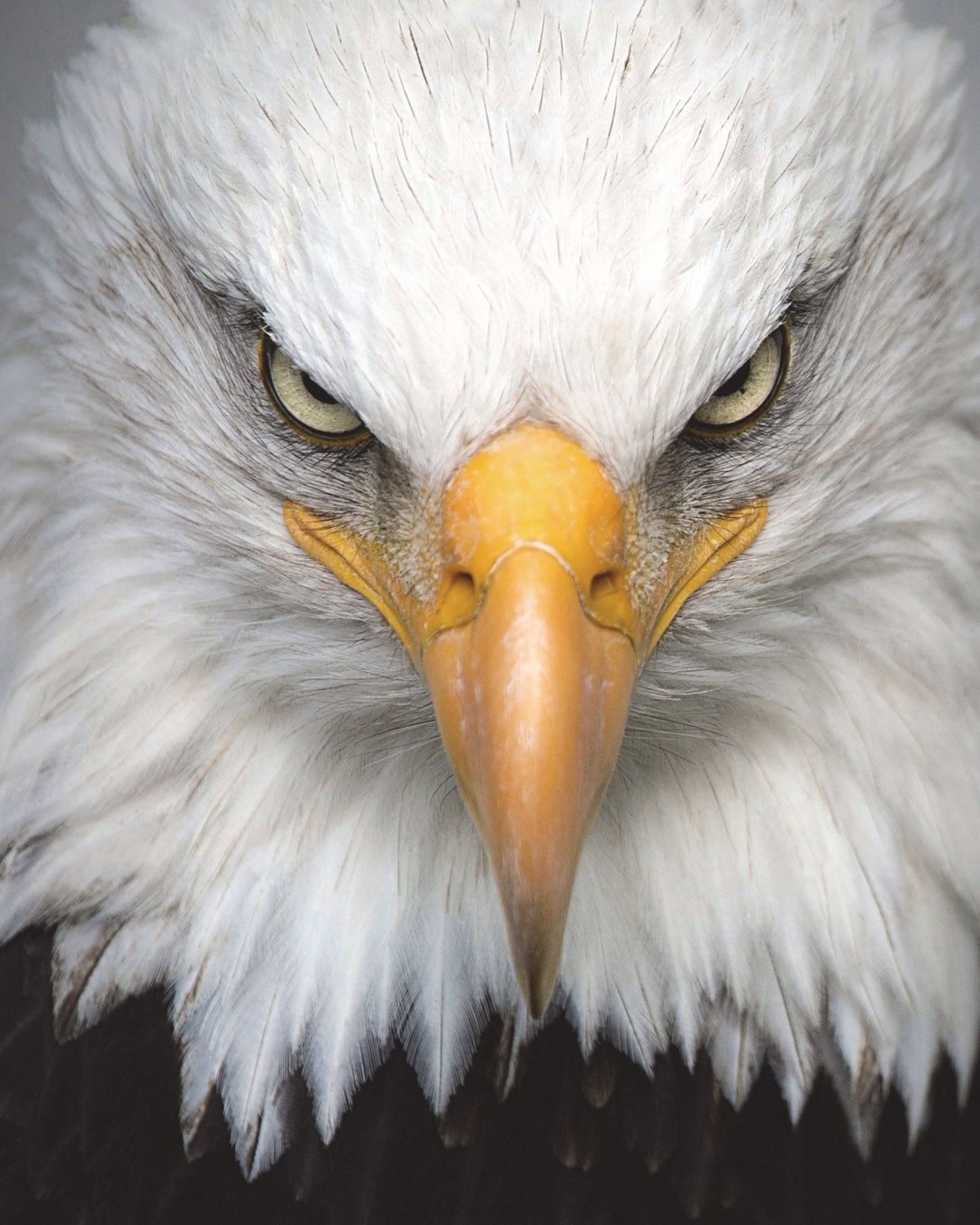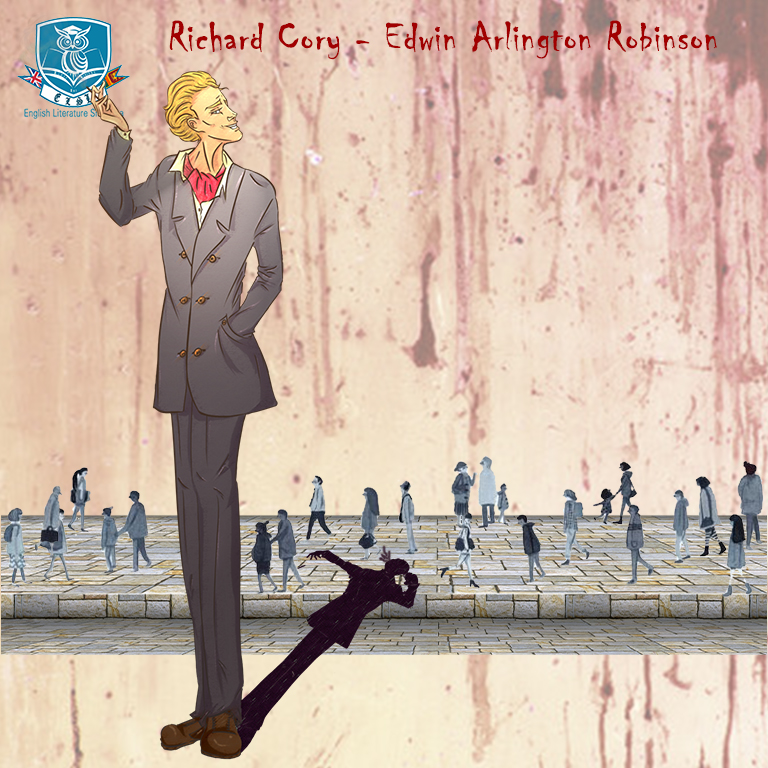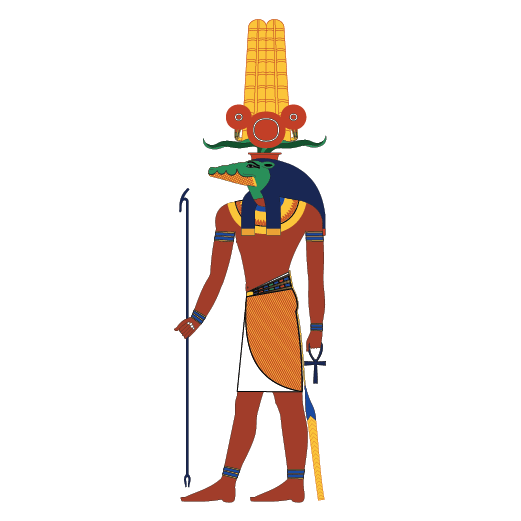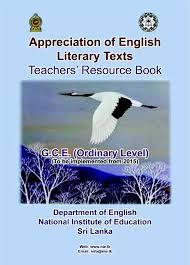Analysis of the poem "To the Evening Star" by William Blake
To the Evening Star
Thou fair-hair’d angel of the evening,
Now, whilst the sun rests on the mountains, light
Thy bright torch of love; thy radiant crown
Put on, and smile upon our evening bed!
Smile on our loves, and while thou drawest the
Blue curtains of the sky, scatter thy silver dew
On every flower that shuts its sweet eyes
In timely sleep. Let thy west wind sleep on
The lake; speak silence with thy glimmering eyes,
And wash the dusk with silver. Soon, full soon,
Dost thou withdraw; then the wolf rages wide,
And then the lion glares through the dun forest:
The fleeces of our flock are cover’d with
Thy sacred dew: protect them with thin influence!
Before the analysis of the poem it is important to have some brief understanding about the 18th century, and the styles of the poets who lived at that time in simple and understandable terms.
Background
18th century can be introduced as a time period which brought light to the country’s economy but darkness to its human values. At the height of the industrialization, the society was in a rat race to earn money and to climb up the social ladder. Corruption, high mortality rate, economic imbalance, prostitution, and pollution were some of the many problems faced by the British during this time. As a result of that, some artists started focusing their main concern around nature in order to escape the reality. Do you remember the time you plugged in the headphones or occupied in some other distracting activity as a means of escaping from your mother’s nonstop blaming? William Wordsworth, John Keats, Emily Dickinson, and Samuel Taylor Coleridge can be introduced as few of such escapists who attempted to escape the reality by focusing on nature, transcendence, and sublime rather than focusing on the actual problems which prevailed in the society. Such artists were later called as romantics.
William Wordsworth, John Keats, and William Blake are three types of romantic era poets with identical characteristics. Wordsworth is the one with extreme hyperboles, such as “ten thousand saw I at a glance” (Daffodils), Keats is partially similar to Wordsworth, but he makes sure he comes back to reality in the conclusion of his poems. “Green rushes like our rivers, and dost taste” (To the Nile), and both are major escapists who fundamentally focused on nature. Blake on the other hand is a non-escapist, whose main concerns were socio-political corruption, manipulations of religion, and death. “And blights with plagues the Marriage hearse” (London).
Before you start learning this poem it’s better to be aware of the following widely spread misunderstandings.
*In many instances you will be taught that this is a sonnet, or an ode. “To the evening star” is neither a standalone ode nor a traditional sonnet. It is simply a poem which contains the characteristics of both of a sonnet (14 lines but no rhyming scheme or meter) and an ode (dedicated appreciation of a personified inanimate object, but no stanza form or accepted length) [To learn more on sonnets and odes, please read the article on Literary Devices]
*The main focus of the poem is not elaborating the beauty of the nature. As you have learnt in this article, Blake is not usually a fan of escapism.
*Even though the poem is listed under the theme of nature, it doesn’t act as an appreciation of nature. The poet rather uses the elements of nature to draft a complex criticism on the human world, its need for protection, and the pathos which surrounds it.
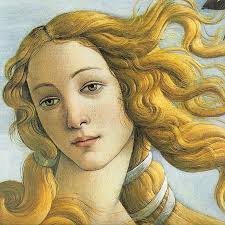

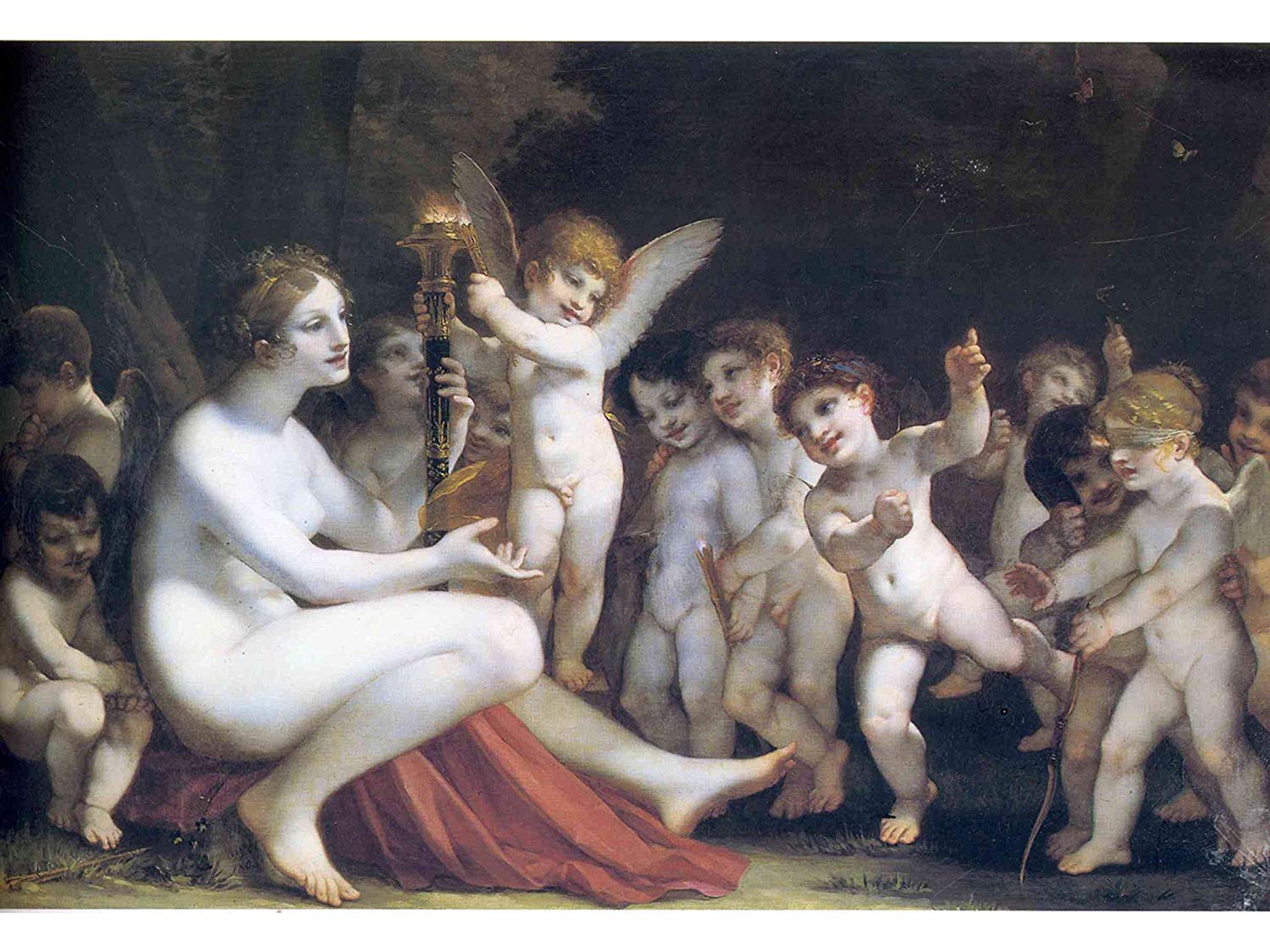
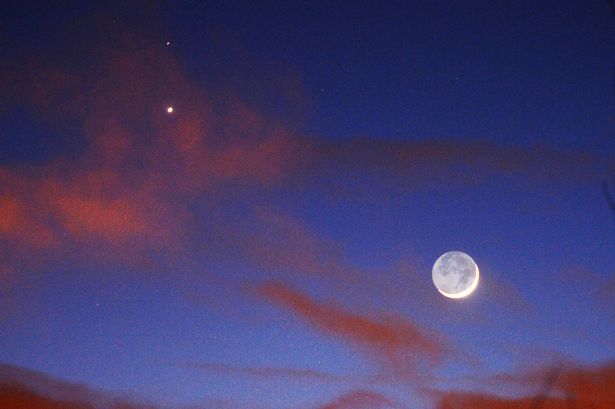

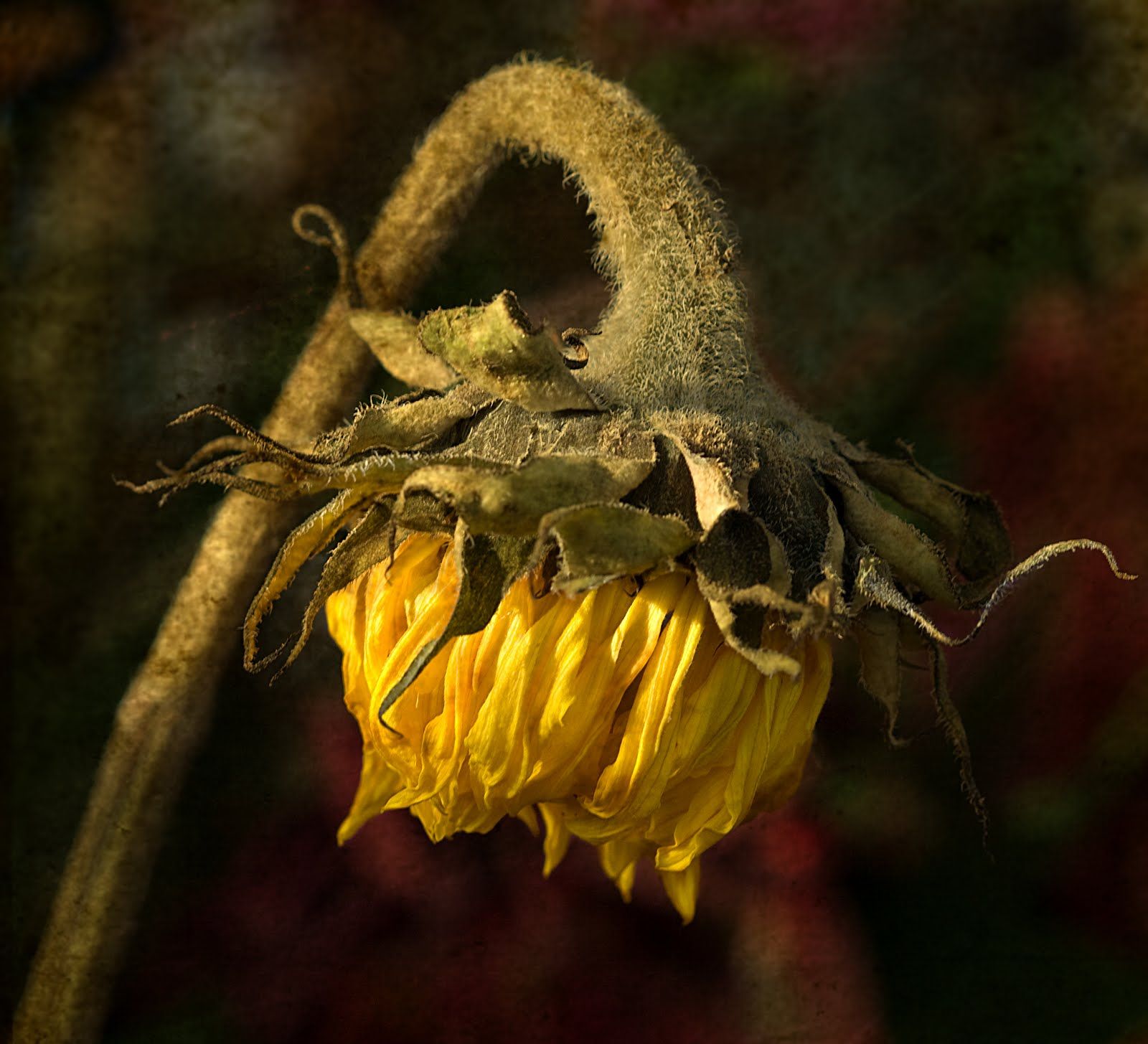
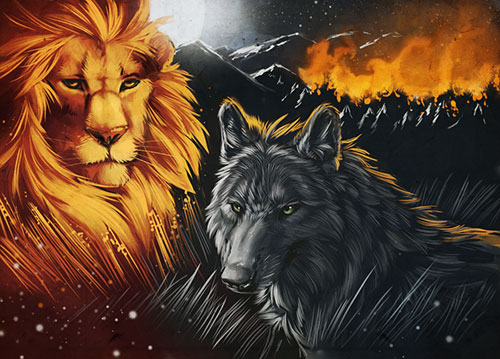
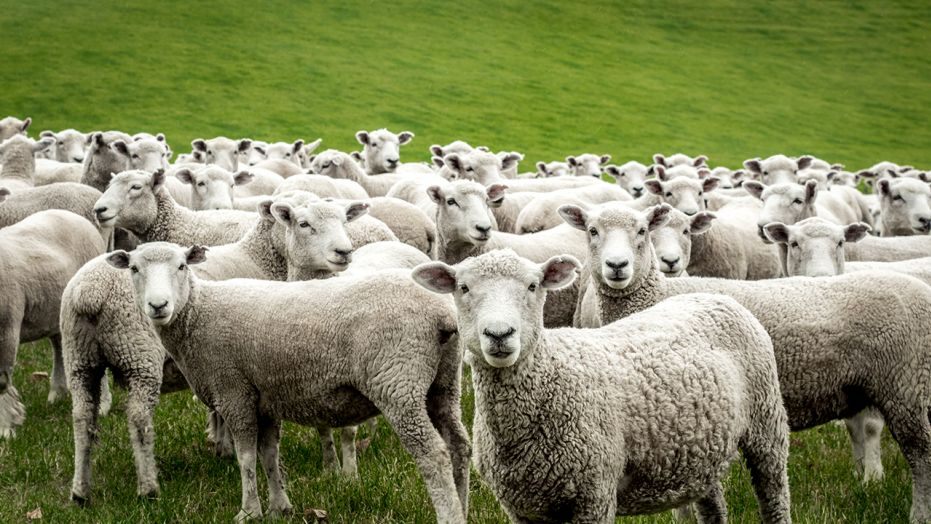
Analysis
Topic:
To the evening star
- The topic starts with ‘To’ which portrays the usual heading of an ode,dedicating the appreciation to the personified Venus.
Line 1
Thou fair-haired angel of the evening,
- In Greek and Roman mythology, each planet except Earth is named after a god. The Evening star, in other words planet Venus is the Roman goddess, whose functions encompassed love, beauty, desire, sex, and fertility
- The narrator directly addresses the personified Venus as, ‘angle of the evening’. The technique used here is called apostrophe, and it is a common way to start an ode.
- Refer to the article on literary definitions for more information on techniques
- Evening universally symbolizes a prevailing problem
Line 2
Now, whilst the sun rests on the mountains, light
- The word ‘Now’ reminds the reader about the significant function of time which prevails in the poem
- Sun is an inanimate object, yet its action of resting (sun rests) adds a personification to the line
- ‘sun rests’ is an euphemism, which is a substitute word which replaces the original harshness of a term. Thus the reader can understand that the narrator hesitates to directly speak about the upcoming darkness. (evening)
- ‘whilst’ suggests that the action of lighting the torch is necessary before the end of the 1st action (sun rests), thus it conveys the urgency of the narrator.
- ‘light’ is a verb which is expected to be fulfilled by Venus which is Therefore a personification
Line 3
Thy bright torch of love; thy radiant crown
- The possessive pronoun, ‘Thy’ acts as a personification throughout the poem
- ‘bright torch of love’ is a metaphor which signifies the dawn of the star
- The punctuation mark in the middle of the line is called a caesura
Line 4
Put on, and smile upon our evening bed!
- Wearing the crown is another urgent imperative which is associated with the enjambment
- The action of the ‘fair-haired angel’ wearing the crown metaphorically suggests she coming to power
- Rather than the obvious muscular movement of the face, smiling is an indication of approval, it is a personification as well.
- The narrator is a representative who speaks for the majority rather than for his personal gain
- ‘evening bed’ is the place where individuals’ sexual activities are fulfilled after their mundane burdens. That is why the narrator specifically selected the goddess of love for her approval and blessing.
- The interjection adds a demanding tone to the imperative.
Line 5
Smile on our loves, and while thou drawest the
- ‘smile is a repetition which emphasizes the narrator’s demand for the blessing of the goddess.
- ‘loves’ can either indicate the intense feelings fulfilled on the ‘evening bed’, or the loved ones
- ‘drawest’ is a personification (all actions completed, or expected to be completed by Venus, or any other inanimate objects are considered as personifications)
- ‘while’ is an indication of multitasking, and it emphasizes the urgency which prevails in the poem
Line 6
Blue curtains of the sky, scatter thy silver dew
- Drawing the blue curtains of the sky is another euphemism. The narrator hesitates to openly converse about the upcoming darkness.
- ‘scatter’ is a personification and at the same time it is another imperative projected towards the evening star.
- On the one hand ‘silver dew’ can be indicated as holy water, using which the goddess blesses the living; on the other hand, silver is shining grey colour, and it universally symbolizes sadness.
- Thus shining grey can be seen as another attempt of the poet to hide the prevailing sadness of the atmosphere (euphemism).
Line 7
On every flower that shuts its sweet eyes
- The verb ‘shuts’ and the flowers having ‘eyes’ are two more personifications
- Flowers shutting eyes is a euphemism which indicates the withering of the flowers.
- Withering flowers metaphorically convey the idea of lost happiness.
- The dying of the flowers again reminds the reader how nature is ignored in the process of fulfilling the industrial necessities of mankind.
Line 8
In timely sleep. Let thy west wind sleep on
- ‘timely sleep’ is another euphemism for death.
- The possessive power of the evening star reminds the reader that it is in power.
Line 9
The lake; speak silence with thy glimmering eyes,
- Wind sleeping on the lake is an euphemism for the ceasing of the wing. It is another way of avoiding the idea of death.
- Wind sleeping is a personification and it reminds the reader how nature is affected by the actions of man.
- ‘speak silence’ is an oxymoron which figuratively heightens the stress of the poem.
- A star having eyes is a personification
- Eyes glimmer when they are full of tears, and the sad state of the evening star is emphasized.
Line 10
And wash the dusk with silver. Soon, full soon,
- ‘silver’ is a repetition.
- Dusk is the time period when the twilight remains after the sun completely submerges in the horizon.
- Need of the narrator for light is evident with request for washing the dusk with silver.
- ‘soon’ is a repetition which emphasizes the urgency.
Line 11-12
Dost thou withdraw; then the wolf rages wide,
And the lion glares through the dun forest.
- The star’s deliberate action of withdrawing is a personification.
- In the absence of the goddess, the dangers of the night start to lurk spreading instability.
- The raging wolf is a grey/black predator which metaphorically indicates the darkness and the corruption.
- The shining golden lion is a metaphor for the upcoming morning which lightens the dark (dun) forest.
Line 13-14
The fleeces of our flocks are covered with
Thy sacred dew; protect with them with thine influence.
- The outer woolly skins of the domestic animals in the world of the narrator are covered by the dew of the evening
- Sheep/lamb is a metaphor for the Christian crowd.
- It can either suggest the requirement of protection for the Christian from the degradation caused by the progressing industrialization, or simply an imperative to protect the animals while the narrator is away, probably while he is engaged in the ‘evening bed’.
Themes
Pastoral simplicity
Shifting of power
Man and the natural world
Transience
Subscribe to our YouTube Channel to gain access to all the new video lessons.

